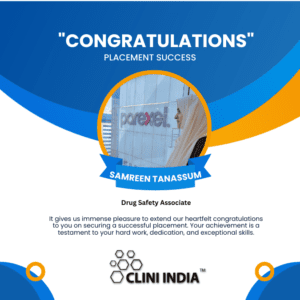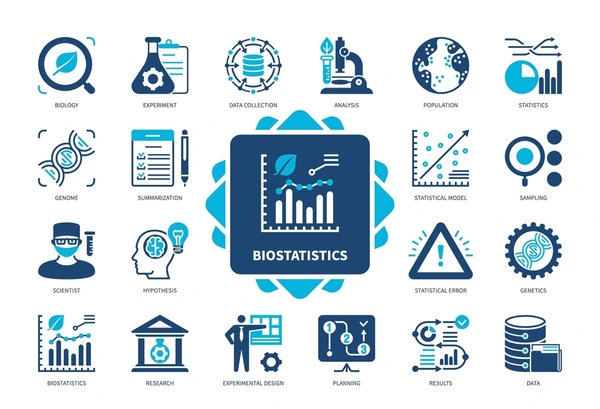
Top Skills for a Successful Career in Clinical Research
Clinical research is a dynamic and rewarding field that is vital in advancing healthcare by ensuring the safety and efficacy of new drugs, devices, and treatment protocols. Professionals need a blend of technical expertise, interpersonal skills, and adaptability to thrive in this competitive domain. Here are the top skills essential for a successful career in clinical research:
- Scientific and Technical Knowledge
A strong foundation in medical and scientific principles is essential. Professionals should be well-versed in clinical trial design, regulatory requirements, Good Clinical Practice (GCP), and ethical guidelines. Understanding pharmacology, biostatistics, and research methodologies is also critical.
- Attention to Detail
Clinical research involves meticulous documentation and compliance with protocols. A keen eye for detail ensures accuracy in data collection, reporting, and analysis, minimizing errors and maintaining the integrity of the research.
- Project Management Skills
Managing clinical trials requires excellent organizational skills to coordinate multiple tasks, timelines, and stakeholders. Effective project management ensures trials run smoothly, stay within budget, and meet regulatory deadlines.
- Communication Skills
Clear and effective communication is vital for collaborating with sponsors, investigators, regulatory authorities, and study participants. Writing comprehensive reports and presenting findings are equally important aspects of the role.
- Problem-Solving and Critical Thinking
Clinical trials often encounter unforeseen challenges, such as recruitment issues or protocol deviations. Professionals must have strong problem-solving skills to address these challenges while maintaining compliance and study integrity.
- Regulatory and Compliance Knowledge
A thorough understanding of local and international regulatory frameworks, such as FDA, EMA, and ICH guidelines, is crucial. Adhering to these regulations ensures ethical conduct and the reliability of research outcomes.
- Interpersonal and Teamwork Skills
Clinical research is a collaborative effort involving diverse teams. Building strong relationships and working cohesively with colleagues fosters a productive and harmonious work environment.
- Adaptability and Resilience
The dynamic nature of clinical research requires professionals to adapt to changing protocols, technologies, and regulations. Resilience helps them navigate high-pressure situations and maintain focus.
In conclusion, a successful career in clinical research demands a unique combination of skills that blend scientific knowledge with practical expertise. By honing these abilities, professionals can contribute significantly to advancing medical science and improving patient outcomes.


























































